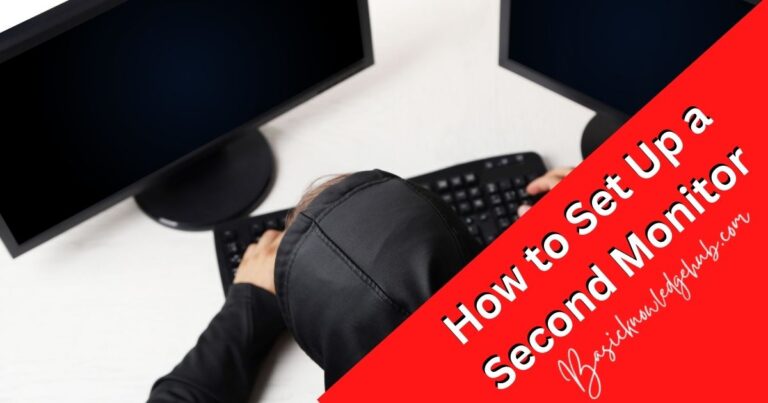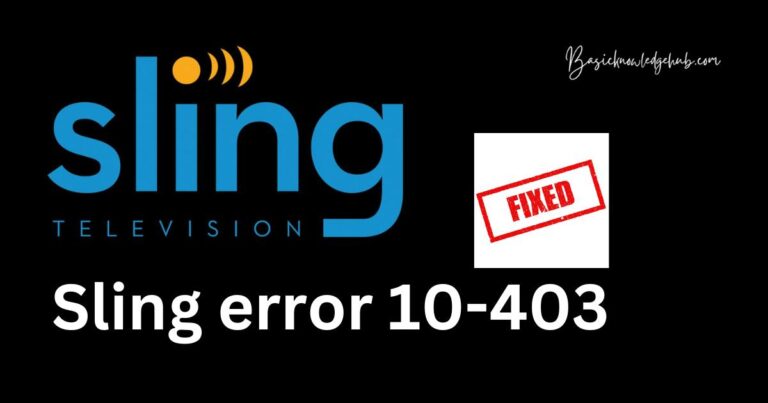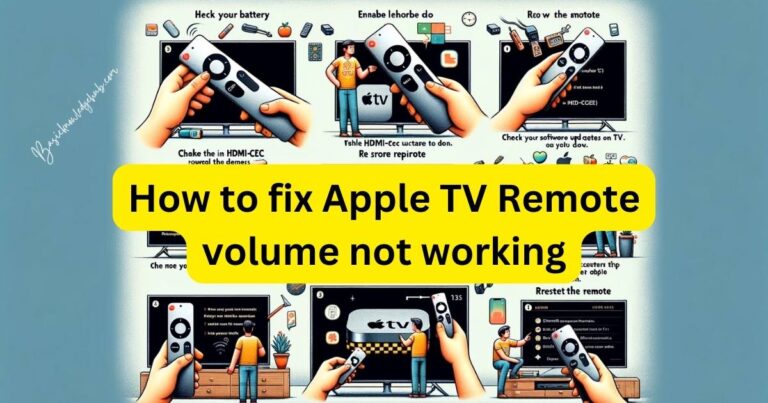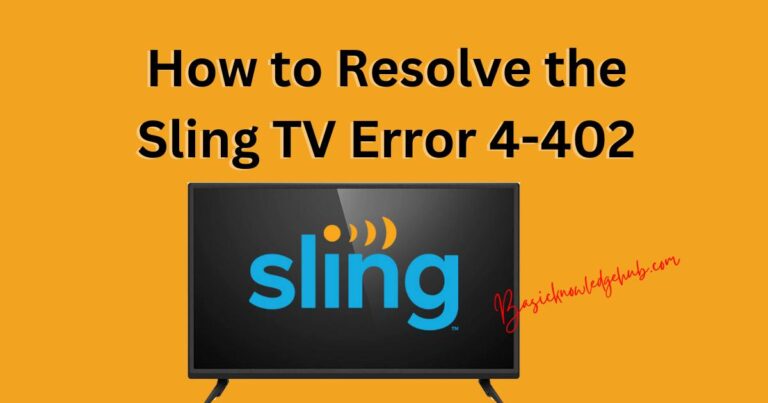4k vs 8k
Not sure what are the differences between a 4k and 8k TV/monitor? See how they compare(4k vs 8k) in the real world and what to expect from both of them. The difference is shown in the table so our readers can quickly go through the on-paper differences. If you want to read more useful articles then check out our page. Check out our Youtube channel for some useful tutorials.
In this article, we are going to see what is the difference between the 4k and 8k resolutions. Now to understand the difference is in respect to TV, we will be comparing 4k vs 8k TVs.
Now whether you are looking to buy a new TV or monitor, knowing what you are getting into is very important. You should know that there is not much difference after you sit at a certain distance. Here we are going to discuss the differences and what to expect from 4k and 8k.

What Is 4K and 8k?
First of all, when we talk about resolution it does not mean that the screen has a total of 4k or 8k pixels. It means that there are around 4 thousand or 8 thousand pixels per inch on your TV or monitor. This means that your 4K TV would have around 8 million total pixels. Now the other thing which matters is the resolution, but we will not go in-depth here.
What it means for you is that you will get around 10 times better picture quality than standard 1080p TV. The size of the display can be the same but as we saw, the pixels per inch count would increase significantly. This increase in the pixels would show more information. This gives you amazing visuals and deep picture quality on 4k vs 8k TV.
Along with the scheme of pixel counts, TVs and monitors have built-in microprocessors which produce higher picture quality. Even if your content is in 1080p, the image enhancement software would make it look better. But you can not beat the picture quality of native 4k or 8k with scaled-up quality. This is why if you are planning to buy 4k or 8k TV then you should have a high internet connection to stream content. Netflix suggests that you have around 25 Mbps (Megabyte per minute) to stream content in 4k.
It’s not all about the resolution
This might sound weird but you can not technically use an 8k TV or monitor unless you live in Japan. The content created in the rest of the world does not stream in native 8k. This means you will not be able to use the full capabilities of your expensive 8k TV.
If you look online then you will find that only a handful of YouTubers produce native 8k content. BUT youtube has a cap on streaming at 4k which makes the 8k content not very useful. In the future, YouTube and other streaming platforms may allow users to stream in native 8k. But till then your only option would be to upscale 4k content to 8k. Even big blockbuster movies like Avengers End Game are only available in 4k.
When it comes to gaming, technically you can play games in 8k but you will need to have an extremely powerful PC. And then also you would struggle to play games on native 8k, However, you can upscale games from 4k to 8k which is the best way to play on 8k.
Now if you are investing in an 8k TV then you will not notice much difference since you will be sitting far away. So unless you are getting an 8k monitor and sitting just inches away from the screen. There is no real quality upgrade you will get on 8k TV. We would recommend you do not invest in an 8k TV for the reasons seen above.
If you want to try 8k TV for yourself then you can visit any nearby Samsung store and chances are there will be an 8k TV on display. There you can compare for yourself if you see any bump in picture quality.
4k vs 8k Table
Here we are going to see some basic differences between 4k vs 8k TV. We have put all the data in a tabular form so our readers can quickly go through all the differences.
| Parameters | 8k | 4k |
| TV Sizes Available | 55″ to 100″+ | 40″ to 100″+ |
| Height In Pixels | 4320 | 2160 |
| Width In Pixels | 7680 | 3840 |
| Total Pixels | 7680×4320 | 4096×2160 |
| TV Availability | Not available everywhere | Excellent |
| Content Availability | Extremely limited | Excellent |
| UHD Blu-Ray | No | Yes |
| Netflix Content | No | Yes |
| YouTube Content | Yes | Yes |
| Game Consoles | No | Yes |
| PC Games | Yes | Yes |
| Vudu Content | No | Yes |
The difference is slight but noticeable
As we have already discussed in the previous section unless you are sitting up close to the TV. You will not be able to notice any significant picture quality bump. On paper, you will see that the picture quality should be at least twice as good. But in reality, the quality might seem like going from 1080p to 1440p.
If you have the budget for 8k TV and do not care about getting as much as possible out of it then you should go for it. But if you are considering between 4k and 8k. Then we would strongly recommend that you get 4k instead of 8k.
On the plus side, you will get amazing levels of details on the 8k TV. You can go up close to the TV and appreciate the details. Since movies are recorded in 8k, we might soon get 8k native movie cuts. But for now, we are stuck with 4k, with the option to scale up to 8k. If you feel that your experience got a lot better when you switched from 1080p to 4k. Then it might be worth the upgrade from 4k to 8k. There’s no way to know if you will appreciate the picture quality offered by 8k unless you try it yourself. If any of your friends have an 8k TV then you can try it or go to any Electronic store with 8k TV on display.
You can watch youtube videos where YouTubers compare both displays. The detailed explanation at night helps you make the final decision, or at least helps you consider one of them.
Downsides of 4k and 8k
So far we have seen the positive side of getting 4k or 8k TV. But now we will be focusing on the downsides which you are going to face with both panels.
The first thing which you are going to notice is the horrible quality you will get with SD content. If you are streaming anything in 480p then unlike 1080p TV, you will see color patches. These patches form because there is no information (data) present for all the pixels. Understand like 4 or 8 pixels displaying the same color, and when all the pixels are taken under consideration. The picture quality will become horrible. Some platforms or movies are not available in 4k, which makes this problem something which you will encounter soon enough.
Another problem which you will face is in terms of power consumption. With the increase in the number of pixels, they will consume more power. And the power consumption is not linear, it means the power consumption of 8k TV will be 4-6 times greater than 4k TV. Even if you are not concerned about the power usage, the pixels would be more likely to get damaged over time.
This is generally not a huge issue since the content would still be watchable and enjoyable. But it’s something to consider while going for 4k or 8k TV.
HD content looks great
Now if we stream anything in 1080p (HD) then you will get a better experience on 4k and 8k TV. One of the reasons is that a bigger screen would provide a better experience to the viewer. Some old movies are only available in 1080p or 720p in which case we might have to upscale or watch the content as it is.
Along with the big screen, there are many features like “Direct Full Array Backlighting” which increases quality for dark images. Also, the smart AI algorithms in smart TVs improve all kinds of content. Even old games look great on 4k and 8k TVs, the increased details make a huge impact. But you should keep in mind that you can not play games in native 8k on consoles. And on PS5, some games are limited to 4k 30 fps (frames per second).
Buy for tomorrow, not today
This sounds weird but unlike all the other tech products we use in our daily life. We do not upgrade our TVs every year which means you should get a TV that will stay new for 2-4 years. Even if you plan to upgrade every year, it is still a good idea to get a TV which satisfies all your needs.
This is why we would recommend that if you have the budget for 8k TV then you should go for it.
We can understand it as future planning which generally should not be the case with technology. But TVs are not treated like tech items such as smartphones or headphones. Try to remember what was the last time you read the list of features which came with your TV. Or compared different TV brands and models like we do with our smartphones. TVs are treated more like household items which makes them not frequently upgraded.
And since 8k is just taking off in the entertainment industry as a new way to enjoy the content. In the coming years, 8k TV would become more widely used, making your TV stay relevant.
Summary
In the article, we saw what are the differences between 4k vs 8k TV, what are the differences, and how they compare. You should go through the article carefully as all the sections have real situations.
You should try both of the resolutions for yourself since the experience will vary for every person. Some people can’t notice any difference between 4k and 8k panels while others can notice some slight increase in quality. You need to try for yourself before you can make a final decision.




